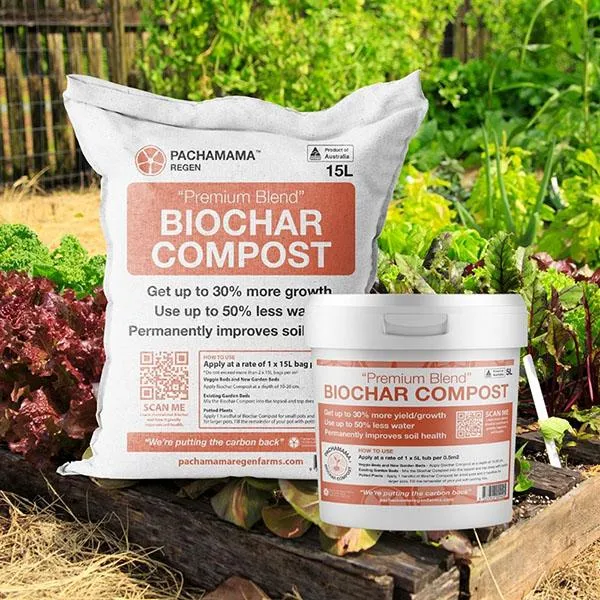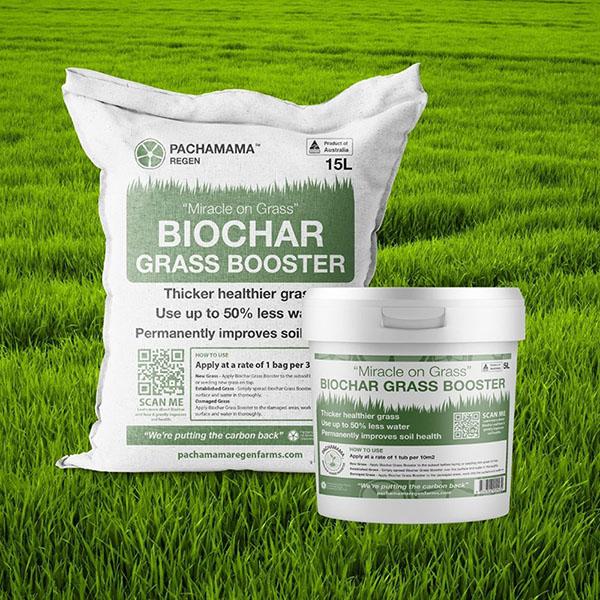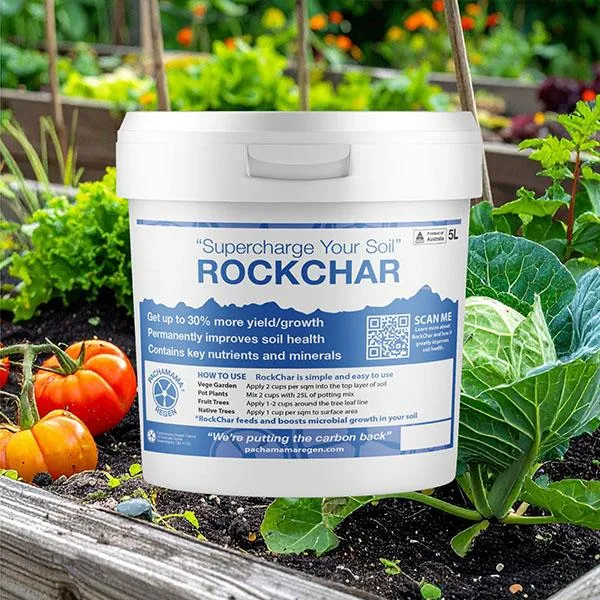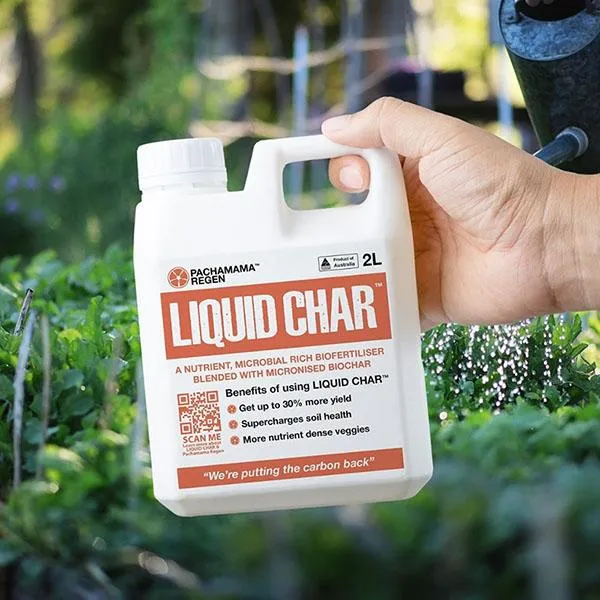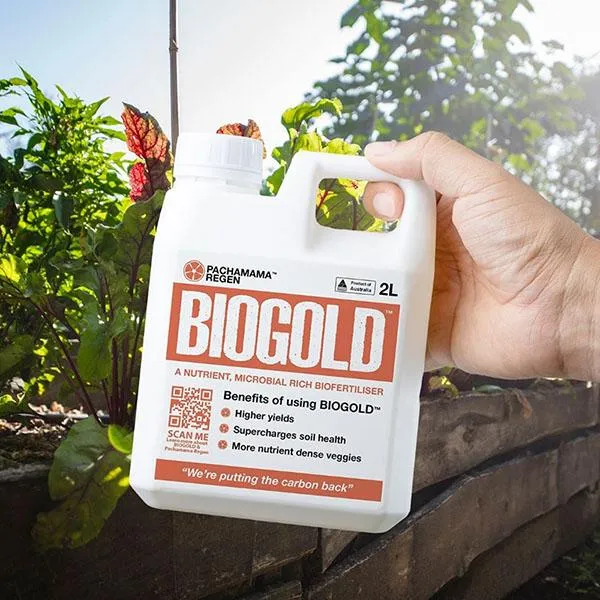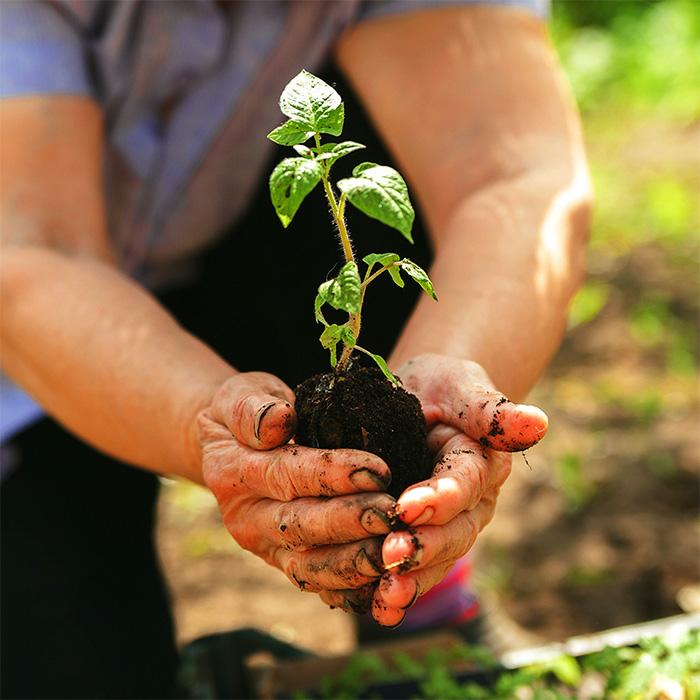How to build a healthy & prosperous garden with biochar
Building a Healthy Garden Using Biochar: The Secret to Vegetable Growth and Healthy Soil
If you’ve ever dreamed of having a lush, productive garden full of fresh vegetables, the secret might just be in the soil. And one of the best ways to supercharge your garden’s soil is with biochar.
Biochar has been gaining attention for its ability to improve vegetable growth, enhance healthy soil, increase water retention, and boost microbial mobility. In simple terms, it helps your garden thrive naturally—without relying on endless fertilizers and constant watering.
In this guide, I’ll walk you through what biochar is, how it works, and how you can use it to transform your garden into a thriving, resilient ecosystem.

What is Biochar and Why is it Perfect for Gardens?
At its core, biochar is a form of charcoal made for the soil. It’s created by heating organic material (like wood chips, crop residues, or garden waste) in a low-oxygen process called pyrolysis.
Unlike regular charcoal, biochar is designed to stay in the soil for hundreds of years. Its unique structure makes it a gardener’s best friend because it:
• Improves soil fertility by holding onto nutrients
• Enhances water retention for thirsty vegetable beds
• Provides a home for microbes, boosting microbial mobility
• Helps regulate soil temperature, insulating roots during hot and cold spells
The Role of Biochar in Vegetable Growth
If your veggies are struggling—whether they’re slow to sprout, wilting in dry spells, or producing smaller harvests—your soil might not be giving them what they need.
Here’s how biochar improves vegetable growth:
1. Nutrient Sponge – Biochar holds onto nutrients (like nitrogen and phosphorus) so they don’t wash away with watering or rain. Your veggies get a steady supply over time.
2. Stronger Roots – With improved water retention, roots grow deeper and stronger, making plants more resilient.
3. Healthy Soil Life – The increase in microbial mobility means beneficial microbes break down organic matter faster, releasing nutrients your vegetables can use.
Think of biochar as setting the dinner table for your plants: nutrients, water, and microbes all ready to serve them.

Why Healthy Soil is the Foundation of Every Garden
A healthy garden starts with healthy soil. Without it, even the best seeds and fertilizers won’t deliver the harvest you’re hoping for.
Biochar contributes to soil health by:
• Balancing pH – Preventing soils from becoming too acidic or alkaline.
• Improving structure – Lightening heavy clay soils and giving sandy soils more body.
• Enhancing biodiversity – Creating a vibrant underground ecosystem of bacteria, fungi, and earthworms.
Healthy soil doesn’t just grow vegetables—it grows stronger plants that resist pests, diseases, and drought.

Water Retention: A Gardener’s Best Friend
Ask any gardener in Australia (or anywhere with hot summers) what their biggest challenge is, and the answer is usually: keeping plants watered.
Biochar helps by:
• Storing water in its pores like a sponge
• Releasing moisture slowly during dry spells
• Reducing the frequency of watering
This is particularly powerful for raised beds and vegetable gardens, where soils can dry out quickly. With biochar, you’re essentially giving your soil a built-in water tank.
Alt text suggestion: “Garden bed with vegetables thriving due to improved water retention from biochar.”
Boosting Microbial Mobility in Your Garden
Microbes are the unsung heroes of soil health. They break down organic matter, cycle nutrients, and protect plants from harmful pathogens.
Biochar supercharges microbial mobility by:
• Providing a porous structure for microbes to live in
• Connecting microbes with plant roots more effectively
• Creating a stable environment where beneficial organisms thrive
This microbial activity leads to richer compost, more efficient nutrient use, and healthier vegetable growth overall.
How to Use Biochar in Your Garden
The good news? Adding biochar to your garden is simple. Here’s how:
1 Charge it first - Uncharged biochar can temporarily absorb nutrients. Mix it with compost, worm tea, or organic fertiliser before adding it to soil.
2 Mix it into vegetable beds - Incorporate biochar evenly into the top 15–20 cm of soil for best results.
3 Blend with potting mixes - For container gardens, add 10–20% biochar to your mix to boost water retention.
4 Compost booster - Add biochar to compost heaps—it reduces smell, speeds up decomposition, and locks in nitrogen.

Real-World Examples: Biochar in Action
Gardeners worldwide are seeing amazing results:
Gardeners report bigger tomato harvests and healthier lettuces after adding biochar.
Backyard gardens – Biochar helps keep soils moist in hot summers, reducing water bills.
Urban community gardens – Improved soil structure makes shared plots more productive and resilient.
It’s a solution that works in gardens big and small.
Ready to Transform Your Garden with Biochar?
If you want stronger vegetables, healthier soil, and a garden that thrives even through tough weather, biochar is your answer.
👉 Get in Touch - Product details and personalised advice.
👉 Shop Online - Latest products from Pachamama Regen
👉 Pachamama Regen Resources - Check out our Biochar Resources, How to Guides and Information
Your garden will thank you—with bigger harvests, healthier plants, and soil that gets better year after year.

